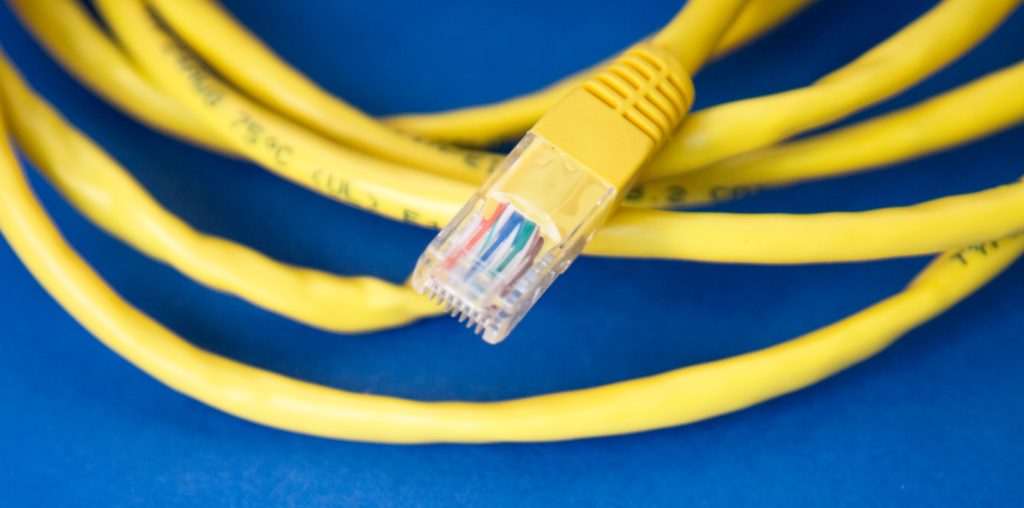The hottest companies in Washington, DC right now include Netflix, Sprint and T-Mobile. What do these firms have in common? They are all marketplace losers.
A few years ago, the Supreme Court said that the Sherman Act “does not give judges carte blanche to insist that a monopolist alter its way of doing business whenever some other approach might yield greater competition” (see: Verizon v. Trinko, 2004). Yet this is precisely the course of action that technocrats are taking as a result of accepting invitations from Netflix to conduct a “wide-ranging antitrust investigation” of the cable industry and from Sprint and T-Mobile to find a way to block Verizon Wireless’ acquisition of additional spectrum.
Netflix built a successful mail order DVD business when it wasn’t very practical to download movies over the Internet. Fortunately for Netflix, consumers can send and receive, but they cannot rent DVDs from the Post Office. There are legal and political constraints that prevet the U.S. Postal Service from diversifying into new lines of business, and these restrictions conferred a significant degree of monopoly protection on Netflix. Incidentally, saving the Postal Service requires diversification, among other things. What was great for Netflix wasn’t so good for the postal system (upon which we all depend).
Although some advocates of network neutrality wanted to postalize broadband, the Federal Communications Commission said no. Apparently, we are going to have that debate all over again.
Cable companies obviously will not be prevented from competing against Netflix and other online video providers. But a drive to eliminate any conceivable competitive advantage that cable providers may have would ultimately lead to extensive regulation, including, most likely, infrastructure sharing rules like those the Supreme Court looked at in AT&T v. Iowa Utilities Board (1999). In his separate opinion, Justice Stephen Breyer warned that “rules that force firms to share every resource or element of a business would create, not competition, but pervasive regulation, for the regulators, not the marketplace, would set the relevant terms.”
The current administration promised to reinvigorate antitrust enforcement. What that means is a return to the economic stagnation of the 1970s, when antitrust forced consumers to do business with uncompetitive, inefficient firms. It is no exaggeration to speak of antitrust as a form of corporate welfare financed by hidden taxes on consumers. The reality is that government cannot create competition; it can only suppress competitors.
Read More ›

